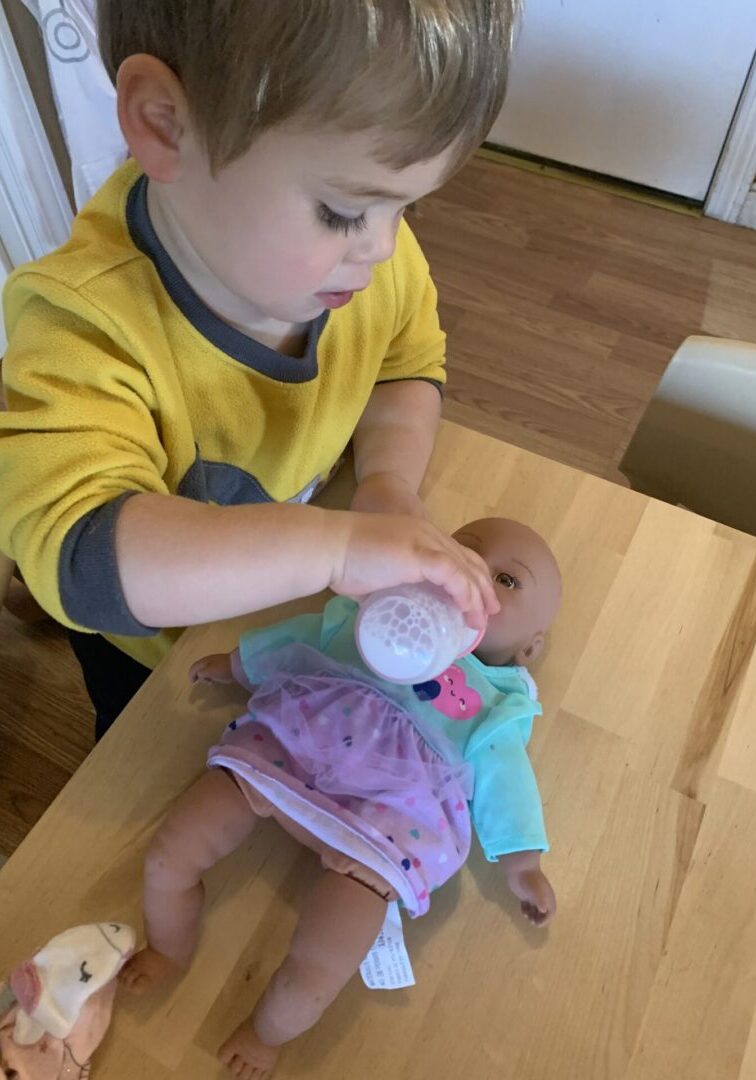Our Work
Learning through play and exploration We foster engagement throughout our studios with interest areas that provide opportunities for play-based learning
Play is driven by the children's interests, questions, and the world around them. Educators provide materials that help expand the children's play scripts. We believe the enviroment is the third teacher and provides opportunity for children to create their own paths of learning.
Learning studios are set up with provocations. Provocations are open ended activities that do not have a prescribed outcome. They are designed to stimulate ideas, encourage discussion, exploration, experimentation, interest, and creative thinking. As our Reggio-Emilia approach encourages, we connect many of our provocations and investigstions to nature/the outdoors and our community.
Studios are divided into areas that promote language development, math and science exploration, creativity and artistic expression, and social-emotional growth. Inclusivity is a cornerstone of our program therefore there are always significant opportunities for the culture of others to be discovered and celebrated.
Block play provides a foundation for learning!
Building with blocks your child develops problem-solving and basic math/science concepts. Children learn concepts such as cause and effect, quantity, classification, and order. The Block Book (Hirsch 1996) supports these claims, adding that children expand architectural learning through block play.
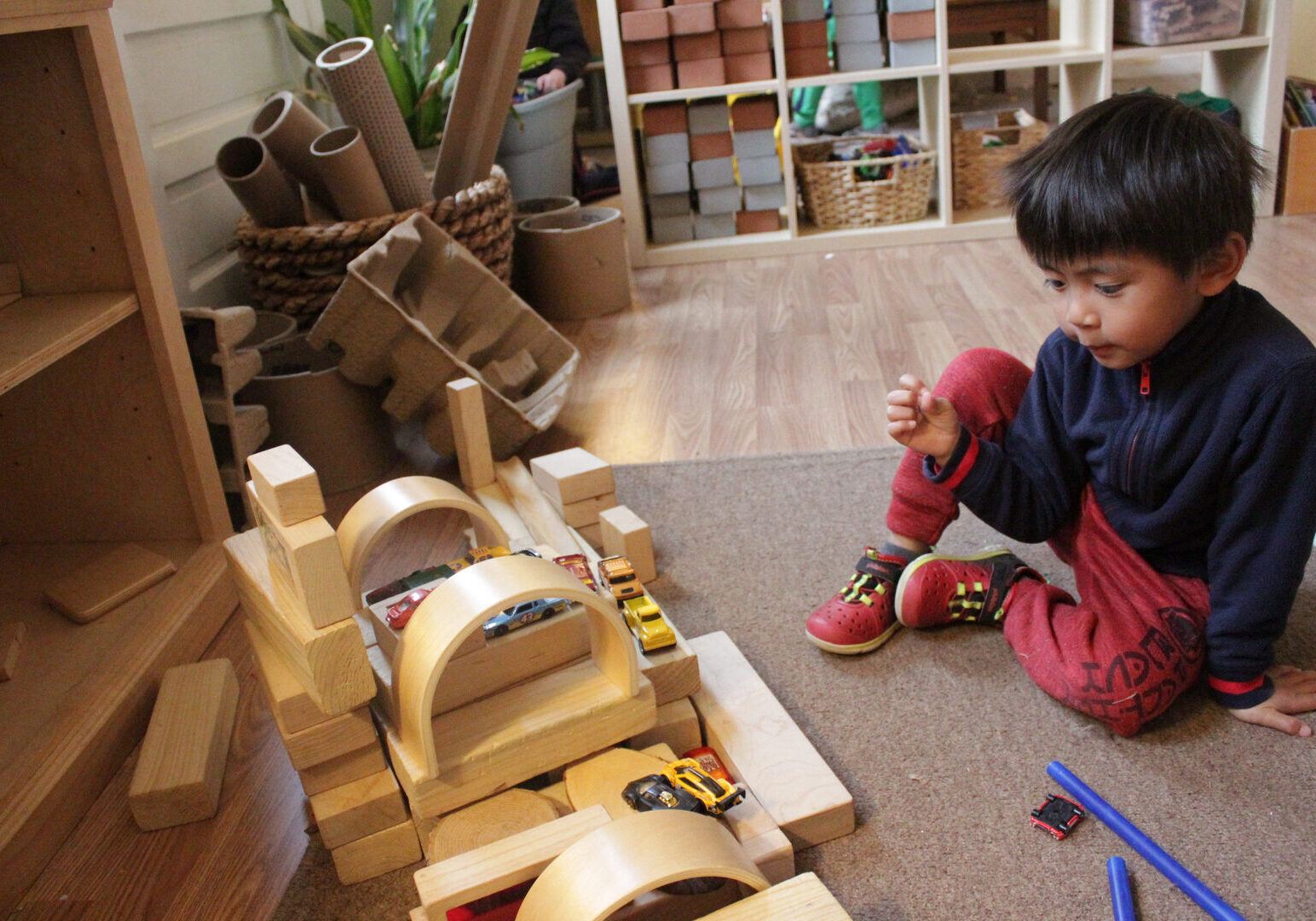
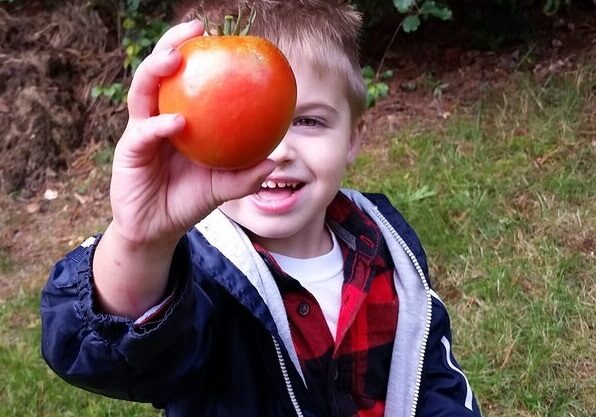
Working in the garden helps me learn about where food comes from and motivates me to try vegetables!
Caring for plants as they grow and observing the changes encourages my curiosity in the environment and the world around me.
Playing outside is very beneficial to children
It promotes social skills when playing games, increases attention span, provides a natural source of vitamin D, and allows children to get creative and messy without having to worry about the cleanup.
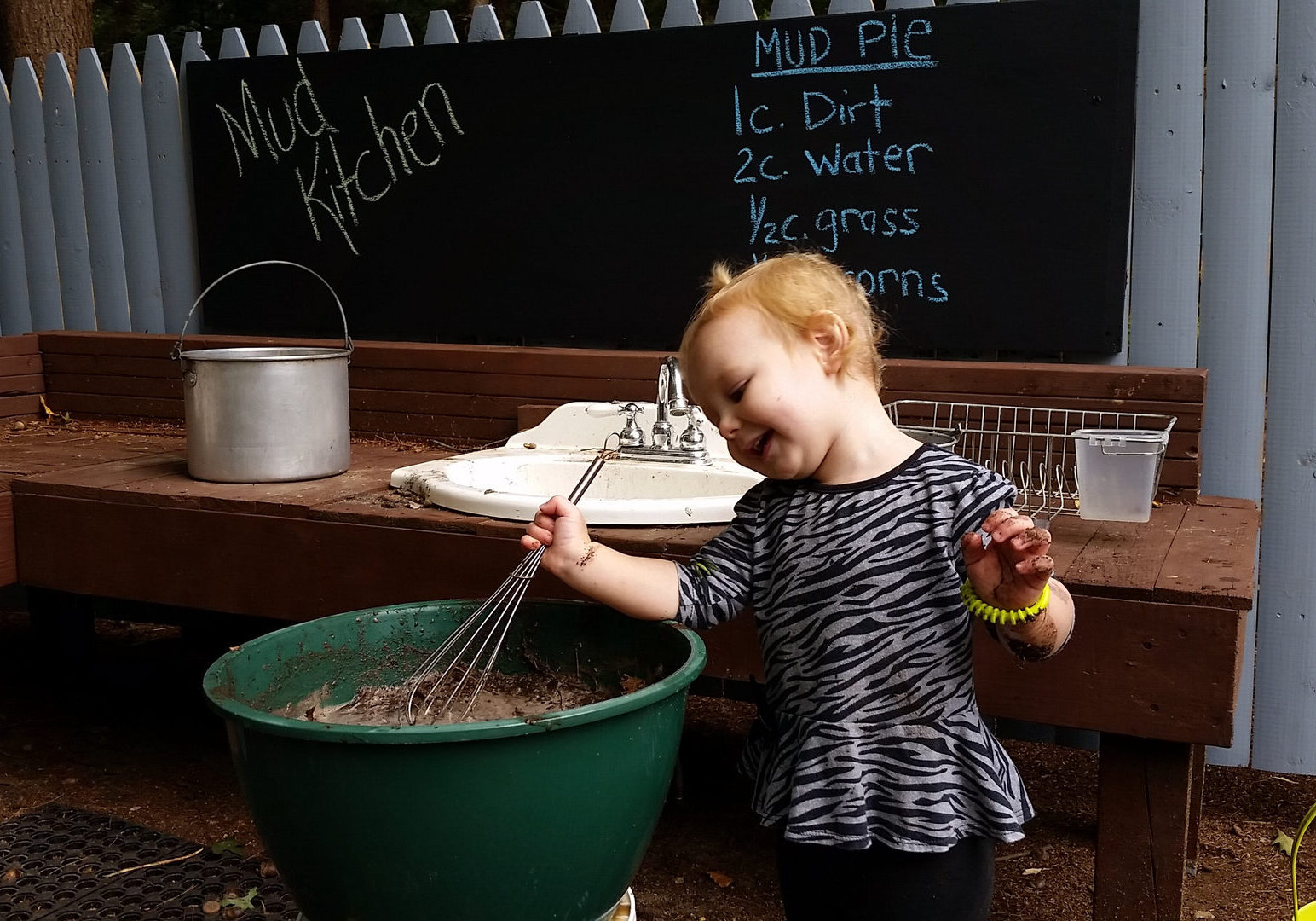
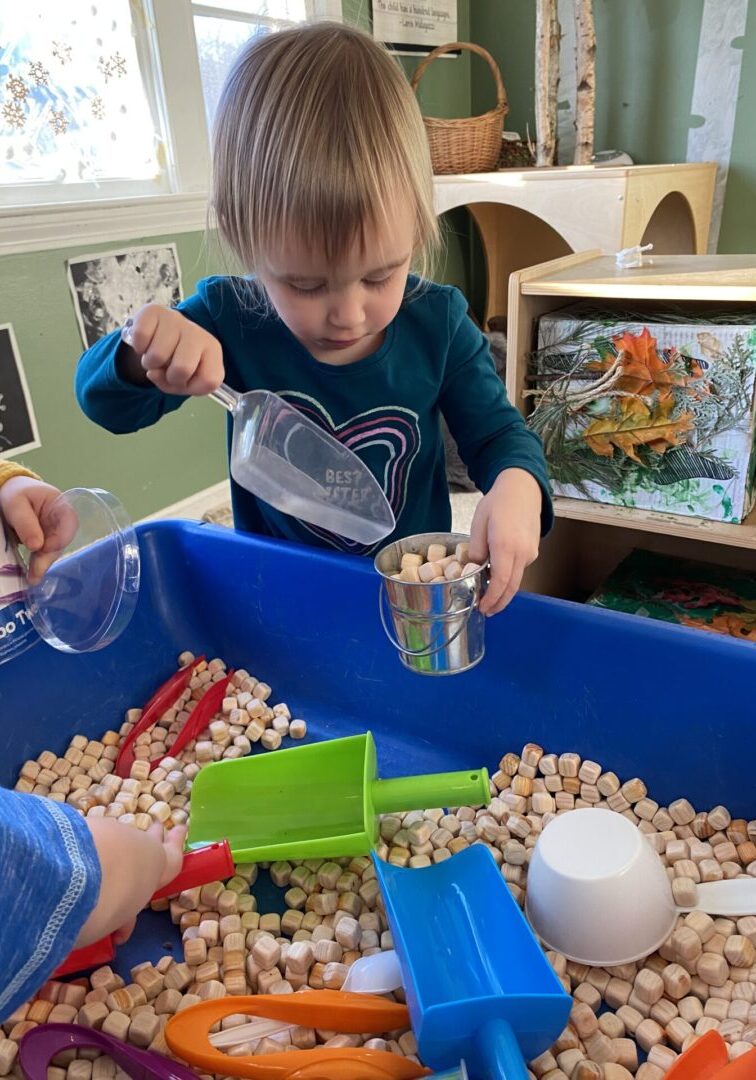
SENSORY PLAY encourages the use of the senses!
Sensory play supports language development, cognitive growth, fine and gross motor skills, STEM skills, and social interaction. "Research shows sensory play builds nerve connections in the brain’s pathways, which lead to the child’s ability to complete more complex learning tasks." (Educational Playcare 2016). Sensory play may look different in each studio due to varying age, but holds all the same benefits throughout.
Dramatic play is vital to social-emotional growth and creative expression
It allows children to work through social issues, develop language and communication skills, improve knowledge of symbolism, learn how to care for others, and put into practice what they view in the world around them. Dramatic play is the center for positive mental health.
